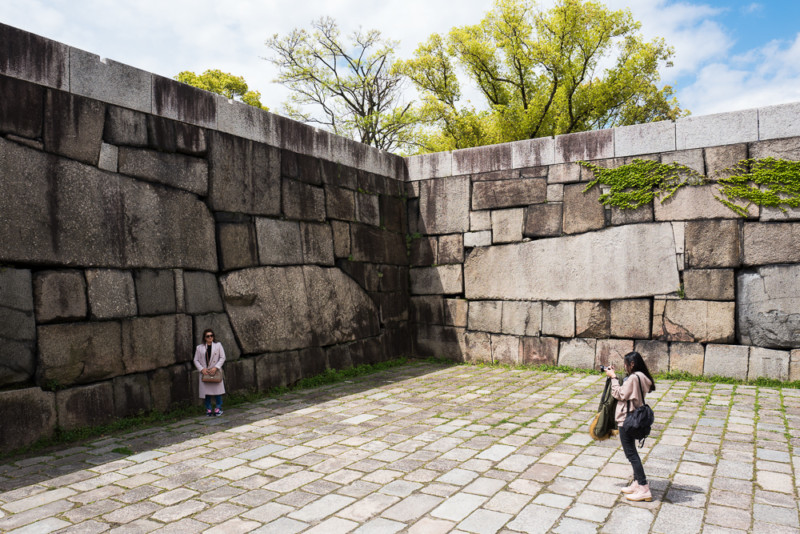PSA: No, Blockchain Doesn’t Replace Copyright Registration
![]()
If you’ve heard of Bitcoin, then you’re peripherally familiar with blockchain. Blockchain is a distributed database technology that creates a public ledger of every transaction within the system – perfect for cryptocurrencies that lack a central issuing bank.
When a photographer uploads an image to Binded, it is digitally “fingerprinted” and a blockchain block is created. The block “give you proof of registration” according to their website, and the fingerprint can be used to search for online infringements.
Image fingerprinting has been around for a while, and companies like Pixsy not only find online infringement, their business models are built around taking a cut of collections (in Pixsy’s case, a whopping 50%).

But Binded isn’t the world’s first copyright platform. That title belongs to the US Copyright Office and their eCO (Electronic Copyright Office) system which has been around for a decade. In the US, only the US Copyright Office provides a legal method of registering your copyright.
The Copyright Zone authors, photographer Jack Reznicki and IP litigator Edward Greenberg, were quick to jump on some of Binded’s unfounded claims on a piece appearing on PetaPixel. Greenberg wrote, “No one needs to have a third party ‘service’ register – for a fee or otherwise – their copyrights which can be done quickly, cheaply and efficiently by any photographer, artist or illustrator without paying or relying on a third party ‘service’ or attorney.”
In a follow-up interview, Reznicki explained that he has no issue with emerging technologies like blockchain, “The [use of] technology is fine, but that’s not the whole point of this.” He points to the “How It Works” explanation on the Binded site entitled “Claim Your Copyright,” and said, “That’s absolutely false and misleading. You aren’t claiming your copyright [through the use of their service].”

John Harrington, author of Best Business Practices for Photographers, concurs. In a blog piece, Harrington writes, “These ‘Blockai certificate’ offerings are as worthless as the myth of the “poor mans [sic] copyright”, whereby you mail yourself a copy of your work…This myth has been busted by so many reputable publications and entities, that the copyright office even addresses it here, writing ‘There is no provision in the copyright law regarding any such type of protection, and it is not a substitute for registration.’”
In a sense, Binded is solving a problem that doesn’t need solving. This isn’t to say that the vagaries of copyright registration in the Internet age don’t need to be re-examined. For example, the notion of “published” vs “unpublished” is evidence of how some aspects of copyright are antiquated in the digital age. But introducing blockchain to the process without legislative backing for legal claims is putting the cart before the horse. The real problem isn’t counterclaims of ownership, it’s the fact that most photographers don’t register their copyright in the first place.
As we’ve pointed out again and again, the lack of registration means a photographer can’t claim statutory damages (up to $150,000 per image for willful infringement) for copyright violations. In a world where every photographer I know has had an image stolen, this is a travesty.
The interest in and potential of blockchain is significant. But even the Harvard Business Review writes, “Our experience studying technological innovation tells us that if there’s to be a blockchain revolution, many barriers—technological, governance, organizational, and even societal—will have to fall.”
Insofar as copyright registration is concerned, no such revolution is even on the horizon. Companies like Binded are selling legally dubious solutions, whereas you already have a powerful weapon available to you: register your d*mn copyright.
About the author: Allen Murabayashi is the Chairman and co-founder of PhotoShelter, which regularly publishes resources for photographers. The opinions expressed in this article are solely those of the author. Allen is a graduate of Yale University, and flosses daily. This article was also published here.